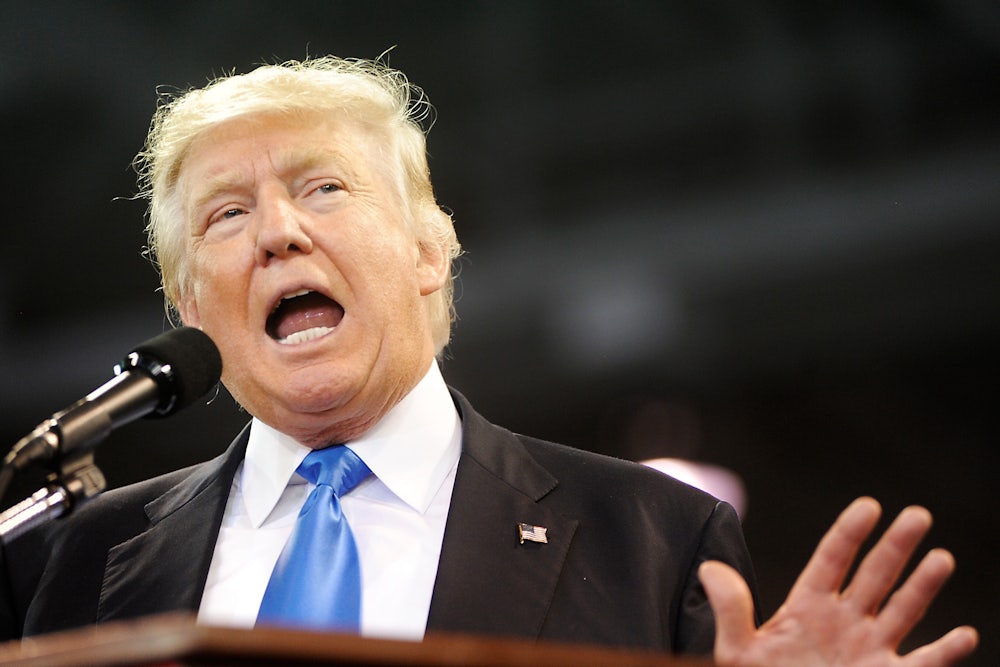Ross Douthat today has a sweeping, provocative column connecting the seeming ubiquity of social-liberal activism in American culture—in late-night talk shows, the football field, awards ceremonies—with both Hillary Clinton’s struggles to consolidate the support of liberals and Trump’s enduring popularity. Clinton, Douthat writes, has been hobbled by the left’s “race-gender-sexual identity agenda,” which has demanded ideological concessions from Clinton that she is unable to give. Meanwhile, Trump has enjoyed the fruit of the backlash to the left’s “cultural dominance,” which “may be one reason the Obama years, so good for liberalism in the culture, have seen sharp G.O.P. gains at every level of the country’s government.” He concludes that “it remains an advantage for the GOP, and a liability for the Democratic Party, that the new cultural orthodoxy is sufficiently stifling to leave many Americans looking to the voting booth as a way to register dissent.”
There is a lot to unpack here—and to rebut. Let’s start with the notion that Clinton’s problems stem from her inadequate social liberalism. In fact, it was the other candidate in the Democratic primary who had problems on this front and was seen as being insufficiently vocal in his demands for equality for minorities and women. Yes, young black voters have questioned Clinton’s credibility on issues like criminal justice, but the left’s main beefs with Clinton revolve around economic and foreign policy questions. These are not issues, as far as I’m aware, that were addressed at the Emmys.
Then there’s the idea that the backlash to President Barack Obama was a product of the left’s monopoly on the culture. The revanchist wave that began in 2010 surely had many causes, but at least two aspects of the culture war—gay marriage and equal treatment of women—are not high on the list. In fact, Donald Trump, the supposed culmination of this backlash, resents accusations that he disrespects women and clearly does not care if people of the same sex are allowed to marry. The one aspect of this movement that Trump does oppose—one that was reflected in the office of the presidency, not on The Daily Show—is the growing clout of minorities in American life, both in politics and culture.
Douthat, of course, is aware of the role race has played in Trump’s rise and has examined this subject in other columns. But he does have a habit of disproportionately attributing Trump’s popularity to a social-liberalism that appears to be personally suffocating to him. In this column, Trump is the backlash to left-wing illiberalism. In another column, he’s the Hugh Hefner-ian outgrowth of a 60s-era liberal masculinity that eclipsed traditional Christian values of monogamy and sexual restraint. These two arguments both have elements of truth, but neither really even comes close to the real problem.
